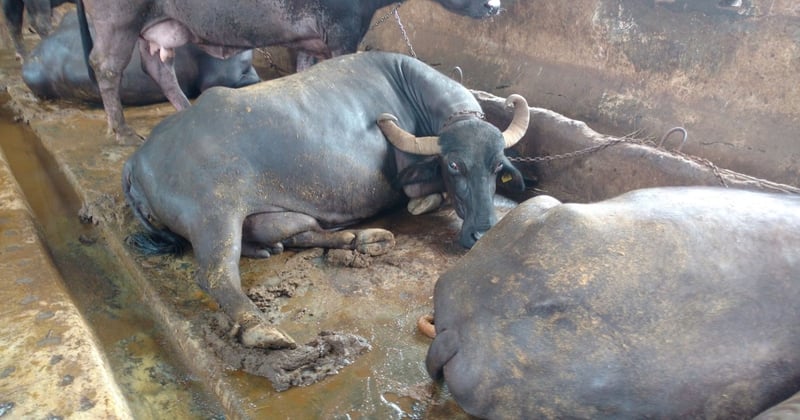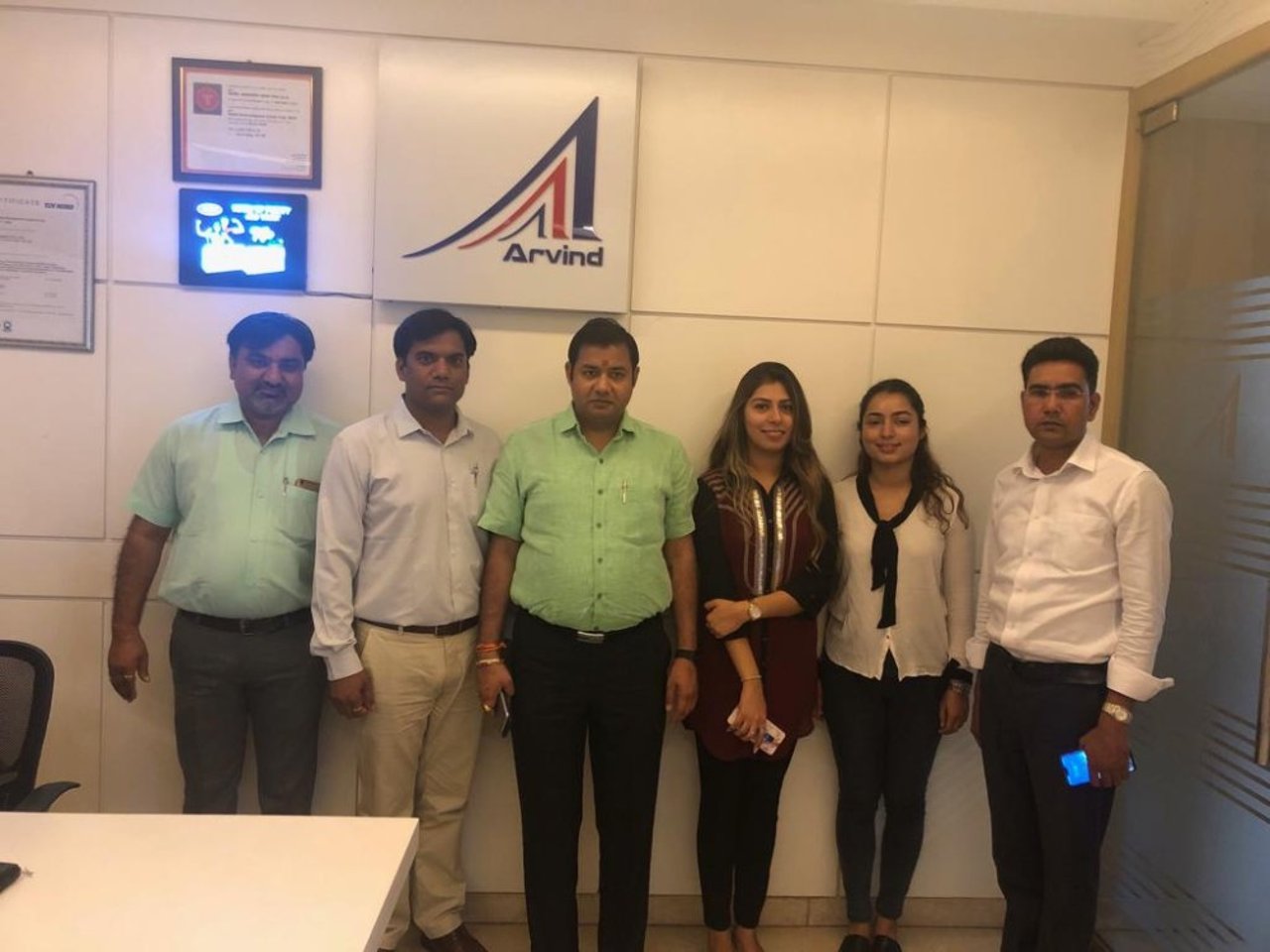
Thousands of cows’ lives will be transformed as dairies commit to higher welfare
News
An estimated 125,400 dairy cows will live better lives, following World Animal Protection’s call on Arvind Dairy and Happy Milk to move to higher welfare farming.
New Delhi, 13th May 2019: An estimated 125,400 dairy cows will live better lives, following World Animal Protection’s call on Arvind Dairy and Happy Milk to move to higher welfare farming. Arvind Dairy has a significant presence and a growing market share in North India, sourcing its milk from over 25,000 rural farmers in Uttar Pradesh’s Aligarh region. ‘Happy Milk’ runs its own organic farm in Tumkur, near Bangalore, which is currently home to over 400 cows and has partnered with a German tech partner, GEA, as well as with Israeli consultants so as to enhance the quality of their milk and the health of their cows.
The companies have committed to:
- Not sourcing from urban and peri-urban dairies
- Implementing basic minimum welfare i.e. the five freedoms in their supply chain by 2025, as well as adopting an animal welfare policy
- Providing information on this collaboration on their website and Annual Reports charting their progress in implementing these commitments.
India is home to over 299 million cattle, the largest population of cows in the world. Millions suffer the worst cruelty, living in appalling urban and peri-urban dairies, located in cities and suburbs.
World Animal Protection has disturbing evidence of this systemic cruelty. Dairy animals are tied up to short ropes round the clock, unable to turn around or move, living in overcrowded, barren conditions. They are forced to lie on hard floors in their own urine and faeces, with a lack of clean water, air, and shelter. This causes them stress, sores, and infections, with little access to veterinary care. This also leads to routine overuse of antibiotics, a common measure to prop up animals with weaker immune systems sometimes caused by poor welfare. All this causes immense pain and daily suffering to urban and peri-urban dairy animals.
Cattle are also abandoned on the streets, foraging in the garbage and in the middle of bustling roads, eating unsuitable food and drinking foul water.
Gajender K Sharma, India Country Director at World Animal Protection added: “These urban and peri-urban dairies are openly flouting rules. Some are even operating without proper registration, which should not be allowed. Dairy cattle provide us with a valuable resource of milk, they deserve a better life."
“The public are also appalled; almost 90% of people surveyed across six cities strongly agree that peri-urban dairies should be closed.” World Animal Protection has been reaching out to dairy companies to help improve the lives of the largest numbers of animals. This is done via a public company commitment to meet our asks.
Mr. Lalit Mohan Gupta, M.D. Marketing at Arvind Dairy Pvt. Ltd. Says: “We at Arvind Dairy are committed to the care and welfare of dairy animals. We are passionate about what we do and would like to care not only for the dairy farmers but also the animals. Our ultimate aim is to produce good quality, healthy and wholesome products.”
Ms. Mehal Kejriwal, the co-founder at Happy Milk, echoed Arvind Dairy’s sentiment and stressed that “Happy Milk has & will always strive to take raise the bar of our cows' health to the highest possible”. She went on to add that “We, at Happy Milk, are thrilled to be part of this animal welfare team, who shares the same ideas, values and love to these animals. We’d like to set an example of how a dairy farm can work towards animal welfare and at the same time grow as a business”.
World Animal Protection welcomes this commitment by Arvind Dairy and Happy Milk and urges other dairy companies and retailers to rise to the challenge.
World Animal Protection urges the public and Government of India to end the needless suffering of dairy animals. This can only be accomplished by phasing out peri-urban and urban dairies and implementing minimum welfare standards that protect all dairy animals across India.
World Animal Protection’s digital campaign “Where does your milk come from?” aims to create greater awareness about this issue. We already have over 55,000 sign-ups, which has proved instrumental in securing this commitment. You can do more! Be a part of this change.
Gajender K Sharma, India Country Director at World Animal Protection added: “These urban and peri-urban dairies are openly flouting rules. Some are even operating without proper registration, which should not be allowed. Dairy cattle provide us with a valuable resource of milk, they deserve a better life.
